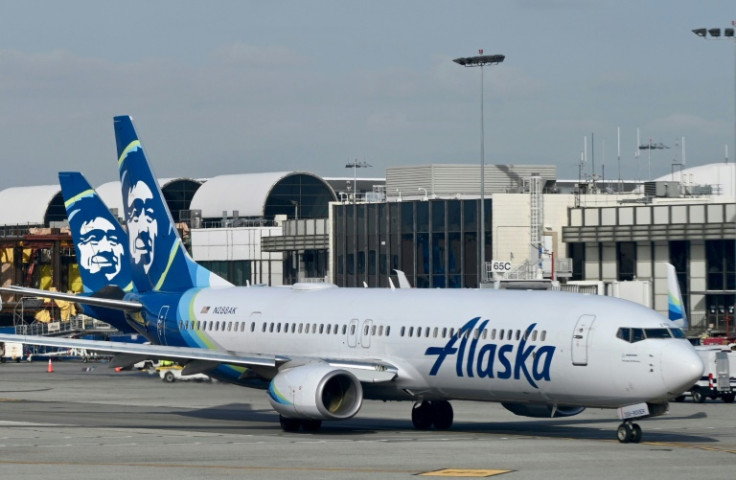DOT grants conditional approval for Alaska-Hawaiian airlines merger

The U.S. Transportation Department has cleared the $1.9 billion acquisition of Hawaiian Airlines by Alaska Airlines after the carriers agreed to certain conditions of the regulator such as preserve services on key Hawaiian routes and protect the value of their reward systems.
"... We have secured binding protections that maintain critical flight services for communities, ensure smaller airlines can access the Honolulu hub airport, lower costs for families and service members, and preserve the value of rewards miles against devaluation," said U.S. Transportation Secretary Pete Buttigieg said in a statement.
The acquisition, announced in December and approved by the Justice Department in August, is expected to be finalized in the coming days, reported CNN.
Alaska, which has been discussing a wide range of concessions with the DOT, said it is aligned with the commitments made during the deal, adding that they "do not impact the synergies of the deal, which will enhance competition and expand choice for consumers."
Alaska and Hawaiian have agreed to safeguard the value of frequent flyer rewards, ensure competitive access at Honolulu airport, and offer travel credits or loyalty points for issues caused by the airline, DOT said.
The airlines must continue offering existing services on key Hawaiian routes to the mainland U.S. and inter-island areas, as well as maintain current services for passenger and cargo routes.
The carriers have to make sure the miles earned in the HawaiianMiles and Alaska Mileage Plan programs do not expire and can be transferred at a 1-to-1 ratio. Additionally, customers should be able to transfer their miles without any penalty, CNBC reported.
Post the deal, the combined airline should not lower the value of HawaiianMiles and is also required to either maintain or enhance the status of HawaiianMiles members in Alaska's Mileage Plan.
According to DOT, Hawaiian will also have to follow Alaska's practices of guaranteeing family seating without additional fees and give compensation if there are flight delays or cancellations.
The carriers can begin the process to close the merger, while they are required to apply for all their international routes to be combined and operate under a single certificate from the Federal Aviation Administration.
Alaska said it will appoint an interim team to monitor the merger, and Joe Sprague, the Alaska Airlines regional president in charge of Hawaii, will be appointed the CEO of Hawaiian Airlines.
On the basis of these protections, DOT has granted the airlines' exemption, which spans the pendency of Department's transfer review. The exemption allows Alaska and Hawaiian to close the deal and consummate their merger on the condition that they remain separate and independently operated until DOT has ruled on their transfer application. If the transfer is approved, the protections will remain in effect for six years.
As DOT cleared the deal, Hawaiian's stock price had increased by 4% on Tuesday.
The merger between Alaska, the fifth-largest domestic U.S. airline, and Hawaiian, the mid-sized 10th-largest carrier will bring together a 360-airplane fleet serving over 130 destinations.
© Copyright IBTimes 2024. All rights reserved.





















